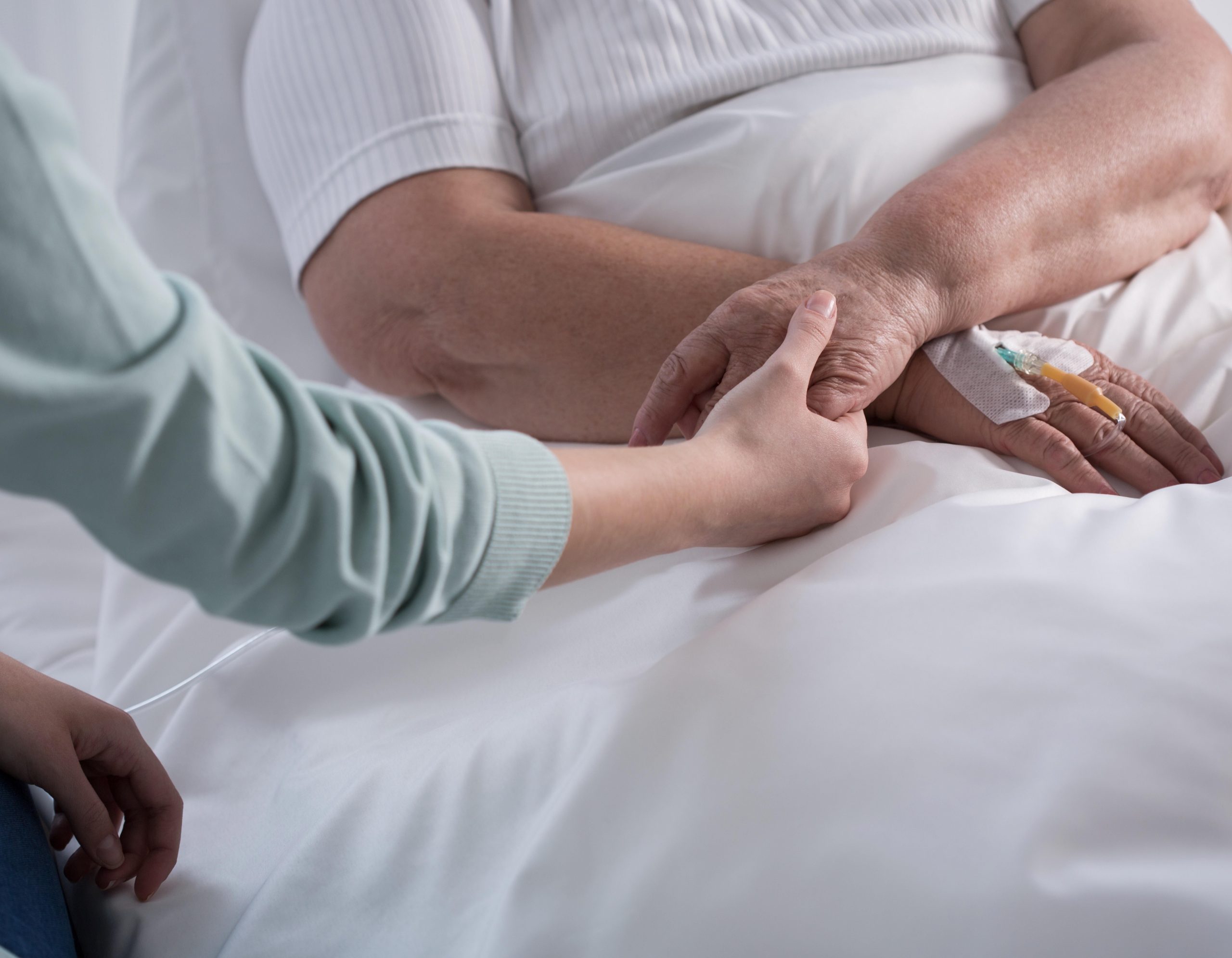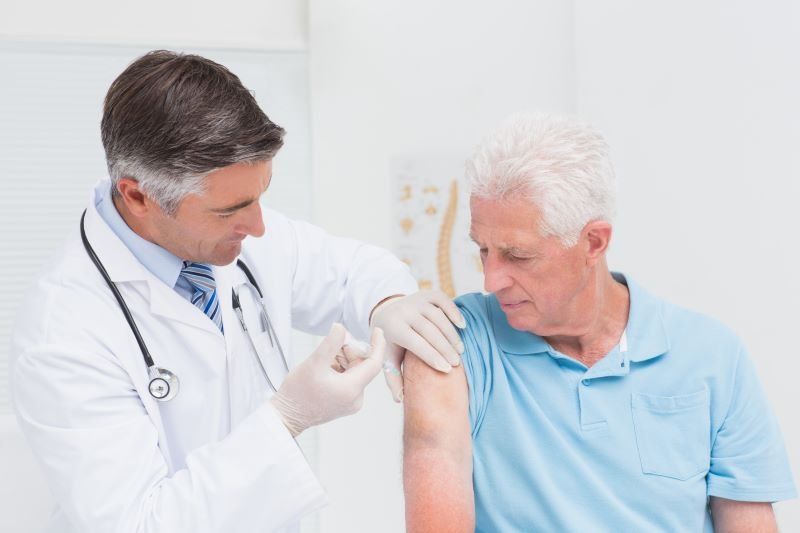
Sarah Ferguson has undergone treatment for breast cancer, she announced on her podcast. The Duchess of York, 63, had a mastectomy after the diagnosis and the surgery was successful, her rep confirmed Sunday, People magazine reported. “The Duchess is receiving the best medical care and her doctors have told her that the prognosis is good.… read on > read on >






























